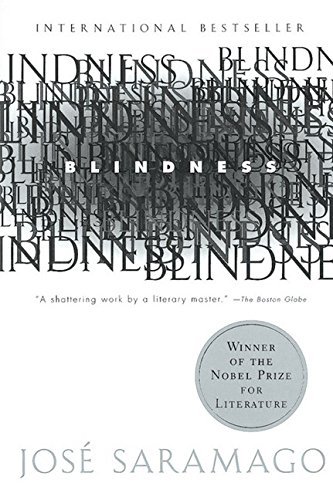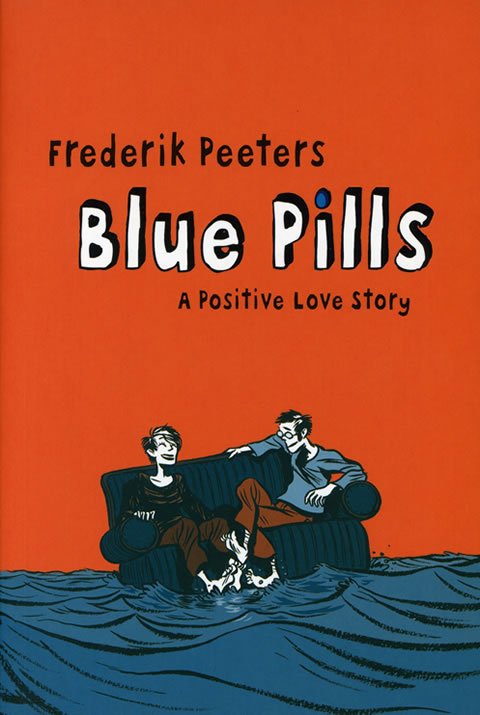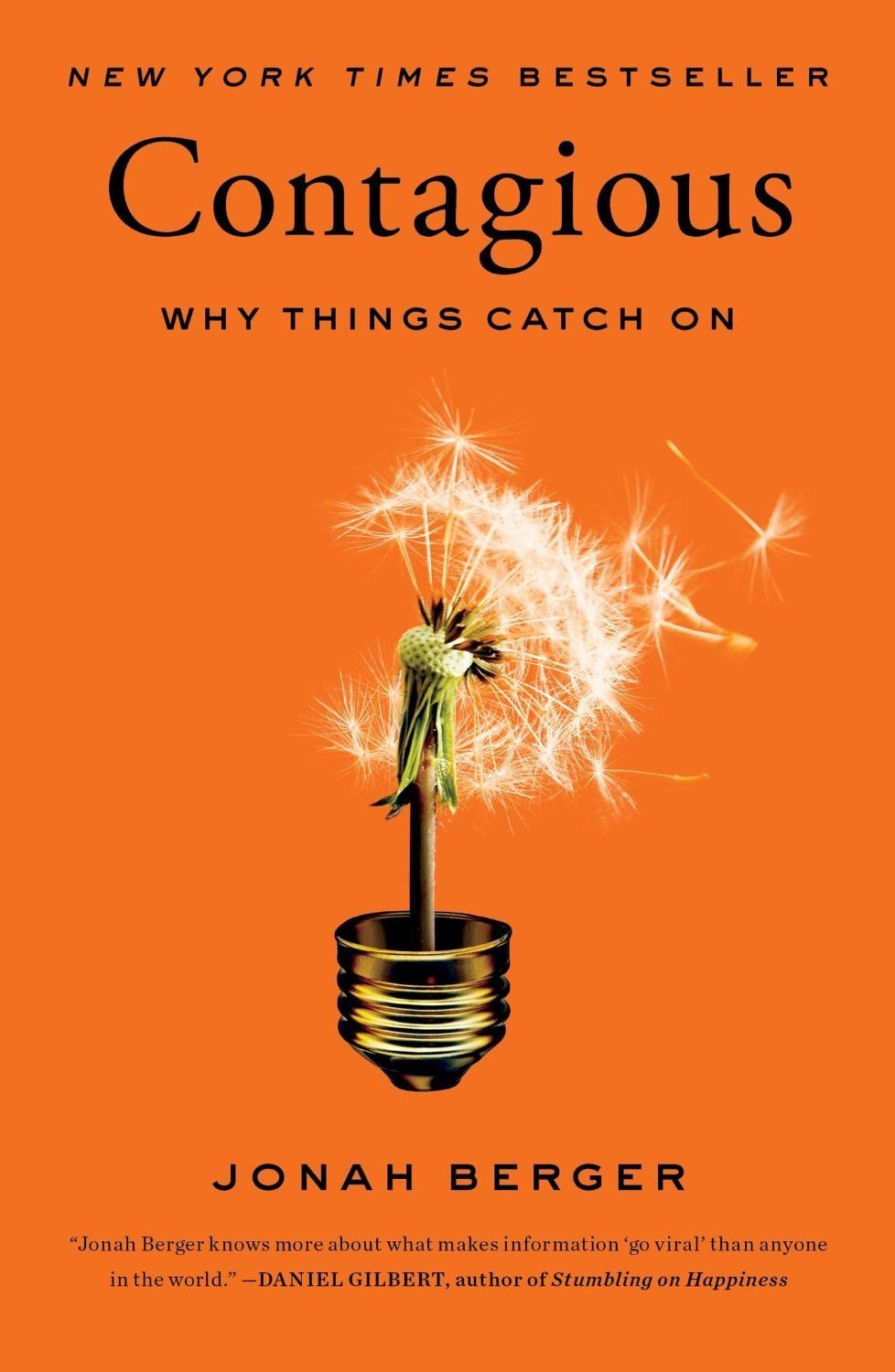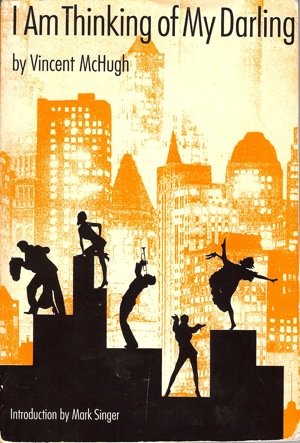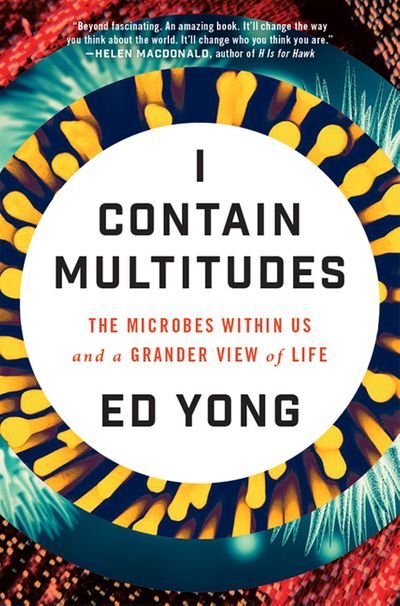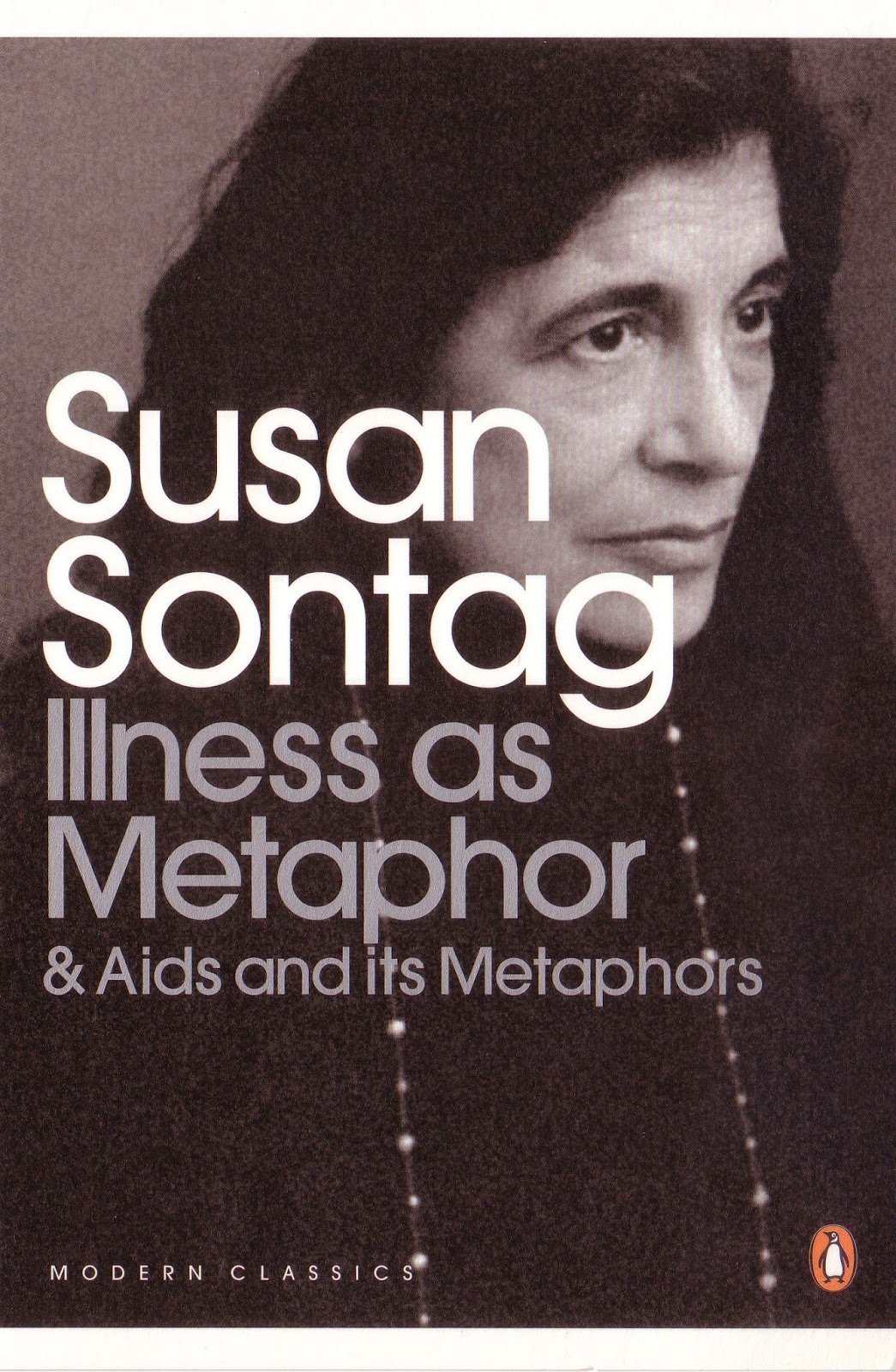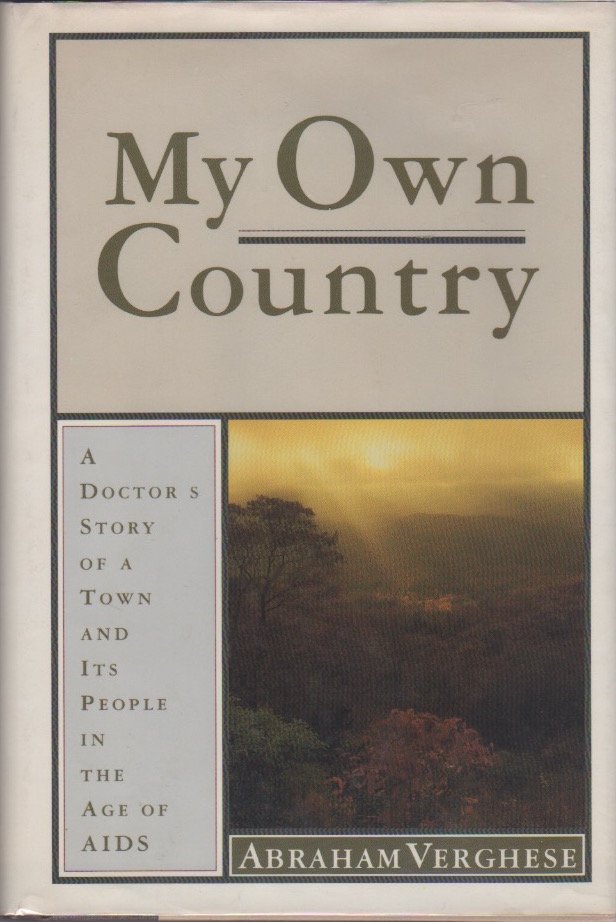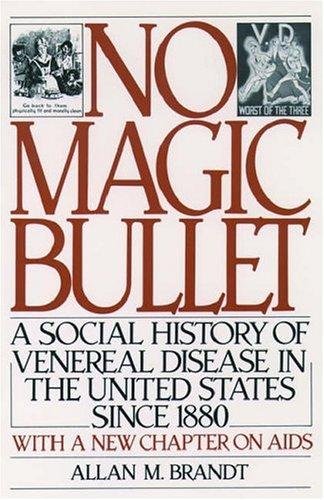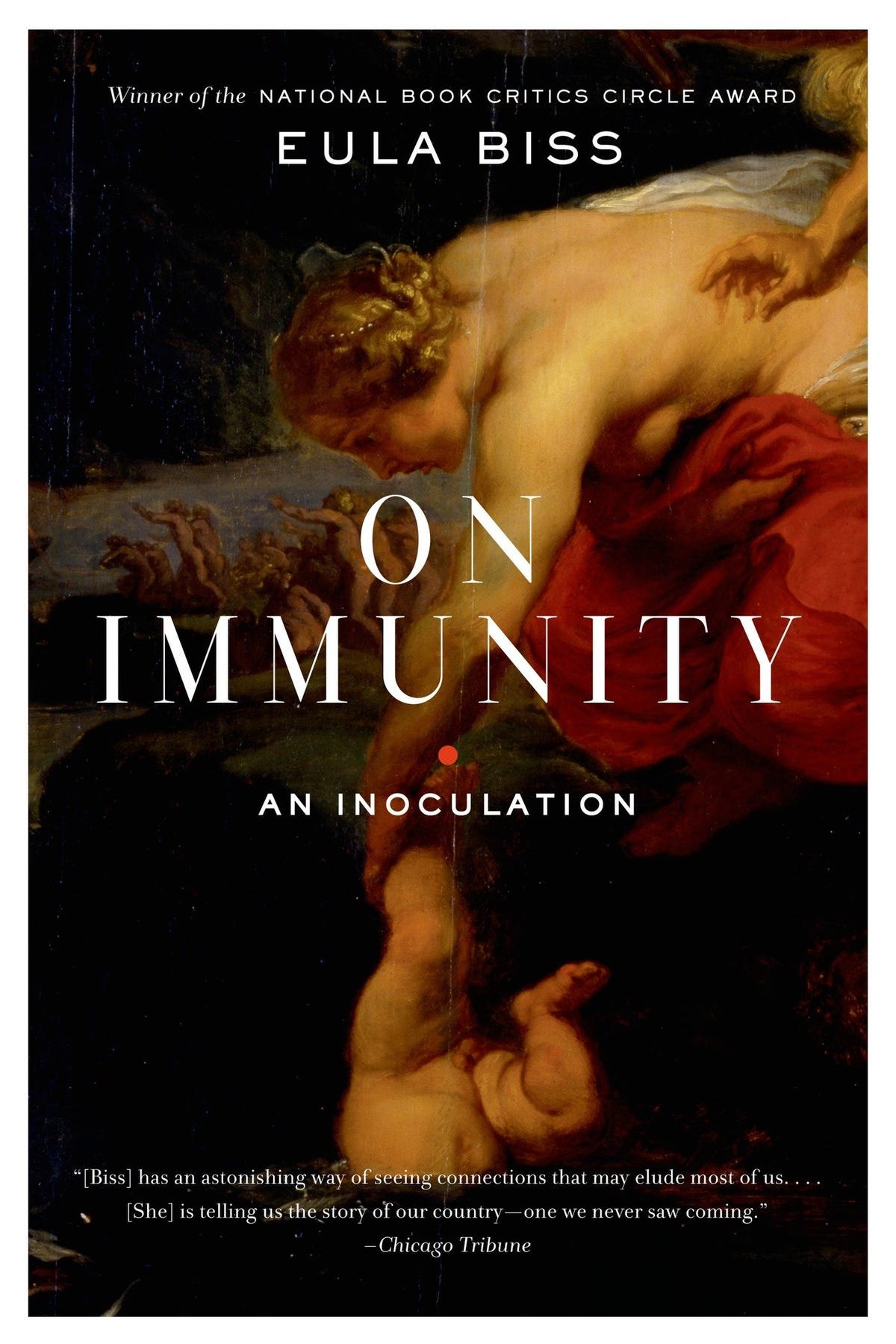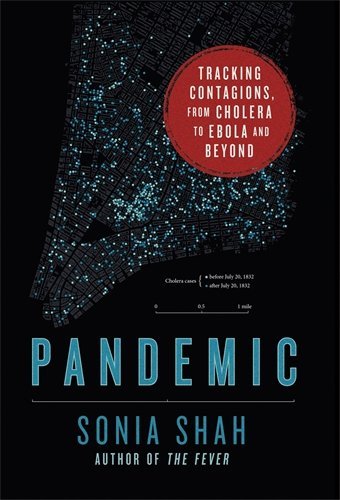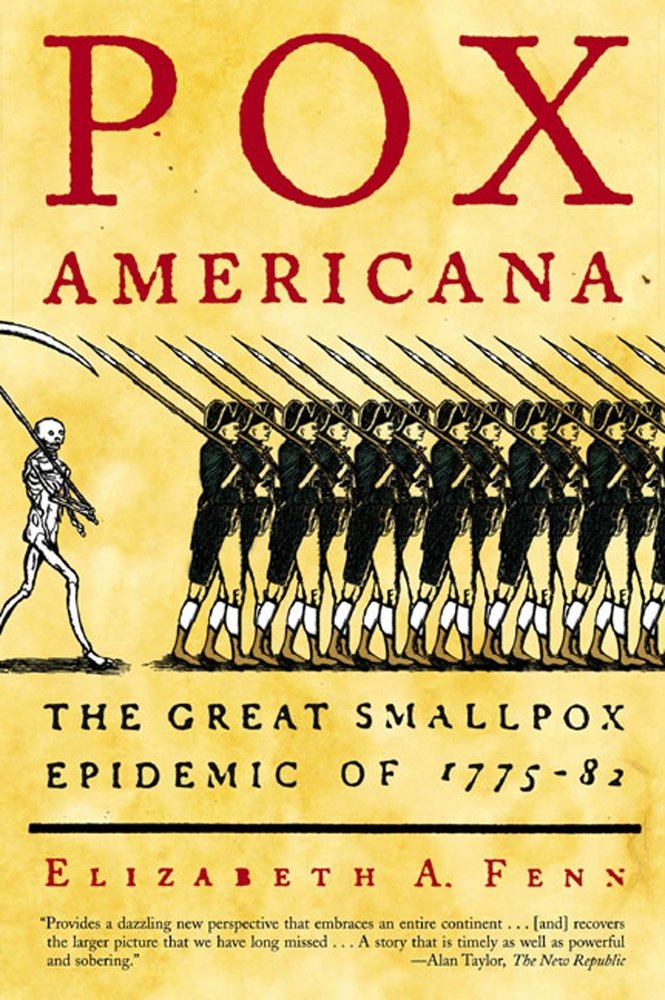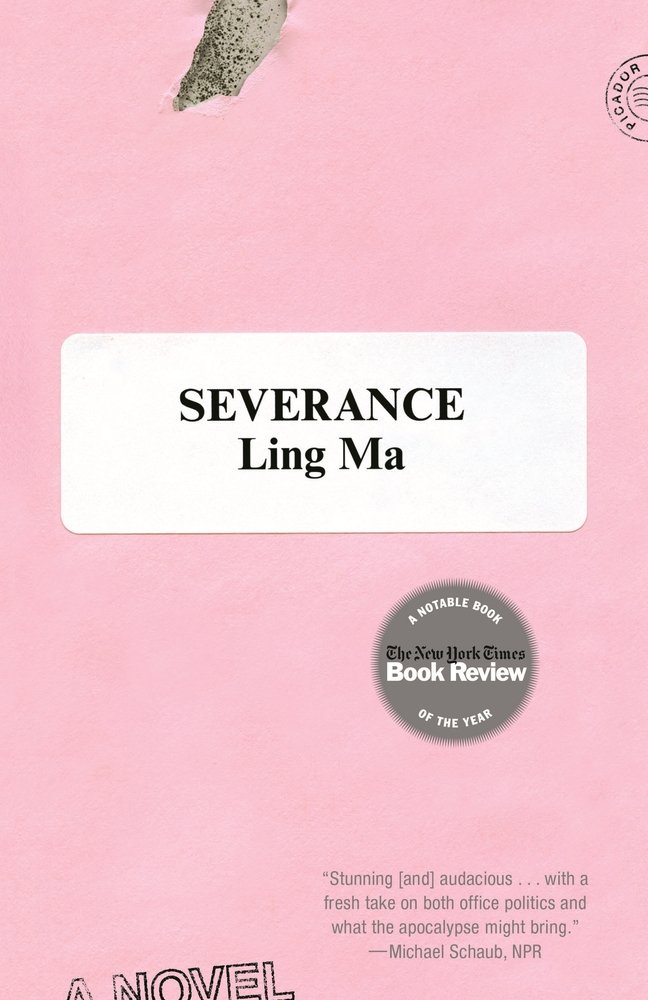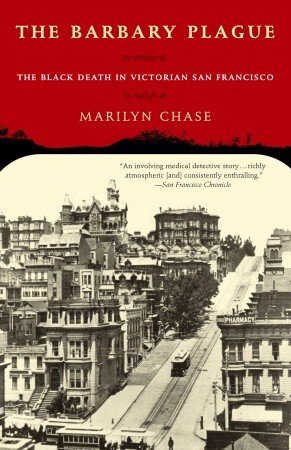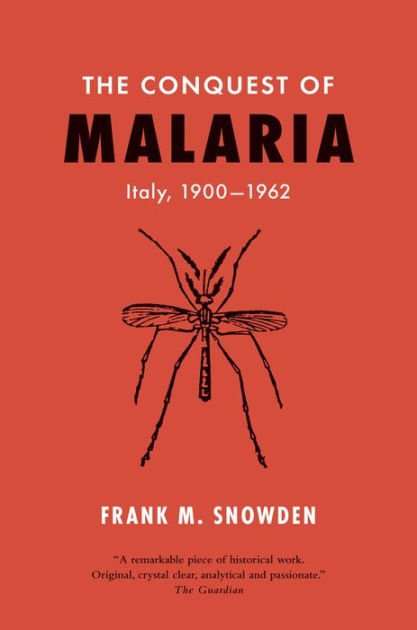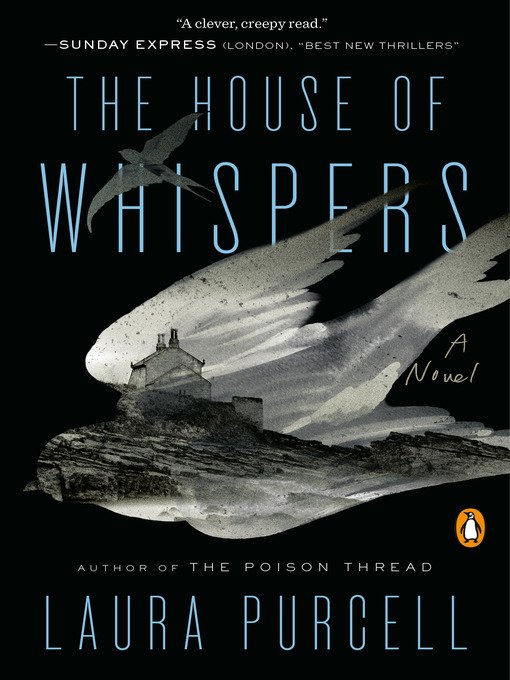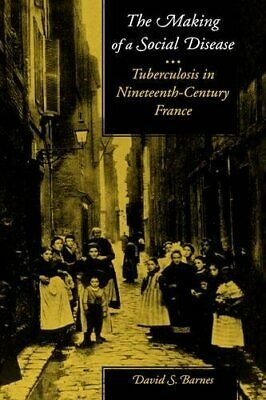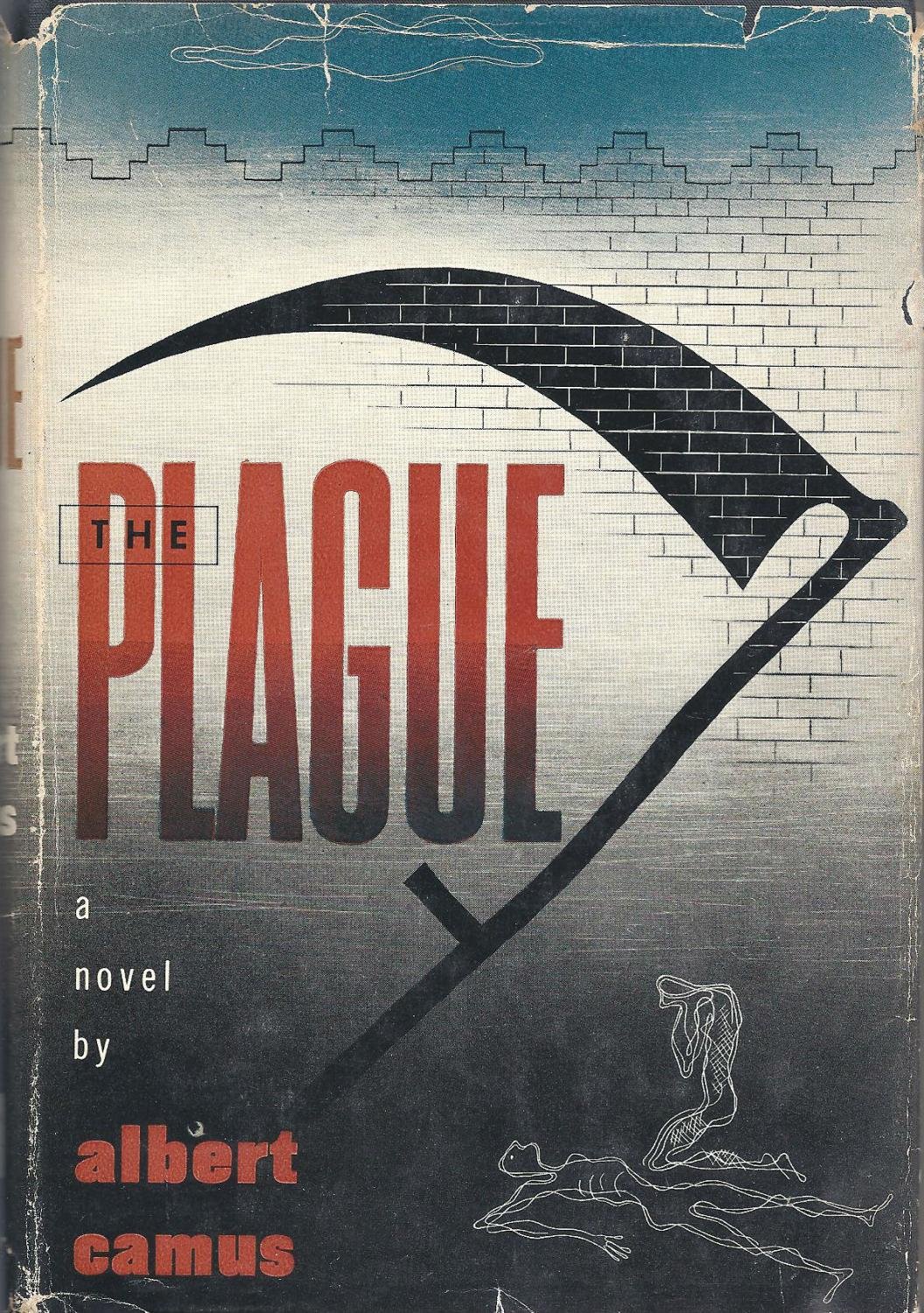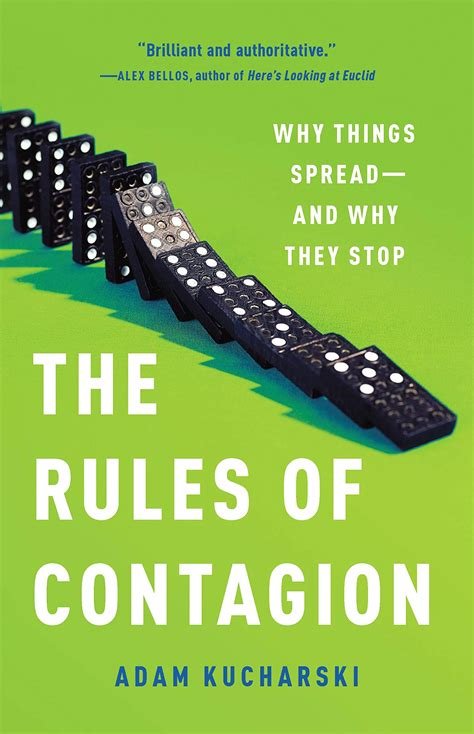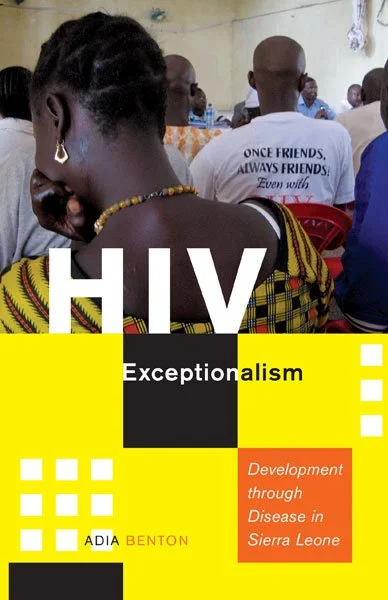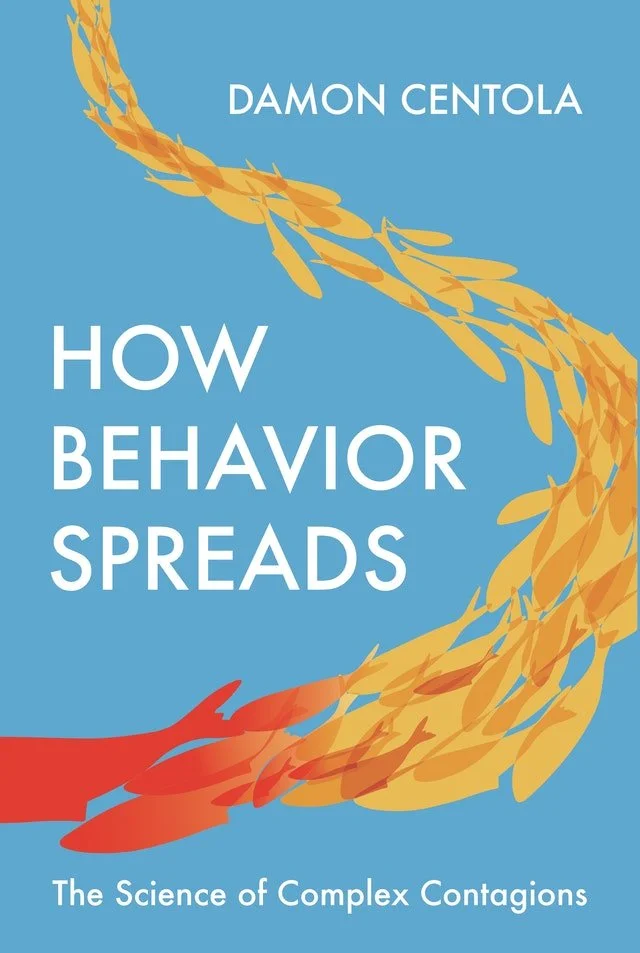READING ROOM
Open Access Books
A Journal of the Plague Year
Daniel Defoe
A Journal of the Plague Year narrates the account of one man's experiences during 1665 when the bubonic plague struck the city of London. An amalgamation of history, and fiction this narrative represents a gripping report of life during the 'Great Plague.'
Laughter: An Essay on the Meaning of the Comic
Henri Bergson
Laughter is a collection of three essays by French philosopher Henri Bergson, first published in 1900. In this collection, he explores why people laugh and the role that laughter plays in social situations.
The Art of Antibiotics
Markus Schmidt, et al.
The Art of Antibiotics documents the artist in residency program that was organized within SYNPEPTIDE. This booklet details the production of Sarah Craske’s exhibit THERIAK | Disease Map, which was produced during the residency.
The Last Man
Mary Shelley
The Last Man is an eerily prescient tale describing a future Earth of the late 21st century, which is ravaged by an unknown pandemic.
Polio Across the Iron Curtain
Dora Vargha
In Polio Across the Iron Curtain, Dóra Vargha uses a series of polio epidemics in communist Hungary to understand the response to a global public health emergency in the midst of the Cold War.
The Virus
Aleksandra Bartoszko, and Marcin Ponomarew
The Virus is an ethnographic comic book which explores the experiences of patients who live with Hepatitis C.
The Yellow Wallpaper
Charlotte Perkins Gilman
The Yellow Wallpaper is a short story describing a woman’s gradual descent into psychosis as she recovers from childbirth.
Animals and the Shaping Of Modern Medicine
Abigail Woods, et al.
The book breaks new ground by situating animals and their diseases at the very heart of modern medicine.
Recommended Books
Blindness
Jose Saramago
A city is hit by an epidemic of "white blindness" which spares no one. Blindness details the natural breakdown of a society that follows upon this unnatural disaster.
Blue Pills: A Positive Love Story
Frederik Peeters
In an autobiographical account about love in the time of AIDS, Frederik meets Cati and falls in love. Blue Pills reveals the many obstacles the couple faces because Cati is HIV positive, just like her three-year-old son.
Contagious: Why Things Catch On
Jonah Berger
In Contagious, Berger reveals the secret science behind word-of-mouth and social transmission. Discover how six basic principles drive all sorts of things to become contagious, from consumer products and policy initiatives to workplace rumors and YouTube videos.
I Am Thinking of My Darling
Vincent McHugh
In I Am Thinking of My Darling, a mysterious virus descends on New York City, leaving its "victims" inhibition-free, irresponsible, and happy. Acting mayor Jim Rowan has his hands full trying to prevent the spread of the epidemic and keep the city running.
I Contain Multitudes
Ed Yong
Many people think of microbes as germs to be eradicated, but those that live with us build our bodies, and play an important role in our health. In I Contain Multitudes, we go on a grand tour through our microbial partners, and learn more about the scientists on the front lines of discovery.
Illness As a Metaphor
Sustan Sontag
Illness As a Metaphor shows us how the metaphors and myths surrounding certain illnesses add greatly to the suffering of patients and inhibit them from seeking proper treatment. By demystifying the fantasies surrounding cancer, Sontag shows cancer for what it is--just a disease.
My Own Country: A Doctor’s Story
Abraham Verghese
In My Own Country, an Indian physician Abraham Verghese recalls his experience practicing in the remote, conservative town of Johnson City, Tennessee, when HIV first emerged there in 1985.
No Magic Bullet
Allan Brandt
Allan M. Brandt recounts the medical, military, and public health responses that have arisen over the years--a broad spectrum that ranges from the incarceration of sex-workers during World War I to the establishment of premarital blood tests.
On Immunity: An Inoculation
Eula Biss
On Immunity addresses our fear of the government, the medical establishment, and what may be in our children's air, food, mattresses, medicines, and vaccines. Reflecting on her own experience as a new mother, Eula Biss suggests that we cannot immunize our children, or ourselves, against the world.
Pandemic: Tracking Contagions, From Cholera to Coronaviruses and Beyond
Sonia Shah
In Pandemic, Sonia Shah interweaves history, original reportage, and personal narrative to explore the origins of epidemics, drawing parallels between cholera―one of history’s most deadly and disruptive pandemic-causing pathogens―and the new diseases that stalk humankind today.
Plague Ki Chudail
Master Bhagwan Das
Plague Ki Chudail explores grief, fear and mortality in a town struck by the plague.
Plague and Quarantine
Rajinder Singh Bedi
Plague and Quarantine tells the story of a sanitation worker who treats patients with compassion and inspires a doctor to follow suit.
Pox Americana
Elizabeth Fenn
A horrifying epidemic of smallpox was sweeping across the Americas when the American Revolution began, and yet we know almost nothing about it. Pox Americana reveals how deeply smallpox affected the outcome of the war in every colony.
Severance
Ling Ma
Maybe it’s the end of the world, but not for Candace Chen, a millennial, first-generation American and office drone meandering her way into adulthood in Ling Ma’s offbeat, wryly funny, apocalyptic satire, Severance.
The Barbary Plague
Marilyn Chase
The Barbary Plague is a fascinating account of an outbreak of bubonic plague in late Victorian San Francisco. Chase shows how one city triumphed over perhaps the most frightening and deadly of all scourges.
The Conquest of Malaria
Frank Snowden
In The Conquest of Malaria, Frank Snowden recounts how Italy became the world center for the development of malariology as a medical discipline and launched the first national campaign to eradicate the disease.
The House of Whispers
Laura Purcell
The House of Whispers is a gothic tale set in a rambling house by the sea in which a maid cares for a mute old woman with a mysterious past, alongside her superstitious staff.
The Making of a Social Disease: Tuberculosis in Nineteenth-Century
David Barnes
David Barnes provides a much-needed historical perspective on tuberculosis. He argues that popular perceptions of the disease owed more to the power structures of nineteenth-century society than to medical science.
The Plague
Albert Camus
A haunting tale of human resilience and hope in the face of unrelieved horror, Albert Camus' The Plague is a gripping account about an epidemic ravaging people in a North African coastal town.
The Rules of Contagion: Why Things Spread - and Why they Stop
Adam Kucharski
From 'superspreaders' who might spark a pandemic or bring down a financial system to the social dynamics that make loneliness catch on, The Rules of Contagion offers compelling insights into human behaviour.
Books by Our Lecture Speakers
Age Of Pandemics (1817-1920): How They Shaped India and the World
Chinmay Tumbe
From lockdowns to lockups, viruses to vaccination, the movement of people to the movement of bowels, and more, The Age of Pandemics chronicles the many facets of the cholera, plague and influenza pandemics.
Can Science Make Sense of Life?
Sheila Jasanoff
Since the discovery of the structure, a powerful vocabulary has emerged to express science’s command over the matter of life. Can Science Make Sense of Life? argues that science’s promises of perfectibility have gone too far.
Ethnographic Plague
Christos Lynteris
Challenging the idea that the study of plague in the late eighteen hundreds was dominated by bacteriology, Ethnographic Plague argues for the role of ethnography as a vital contributor to the configuration of plague.
Expunging Variola: The Control and Eradication of Smallpox in India 1947-1977
Sanjoy Bhattacharya
Expunging Variola is a wide-ranging study, based on extensive archival research in multiple countries. It assesses the complexities in the implementation of the smallpox eradication programme.
HIV Exceptionalism: Development through Disease in Sierra Leone
Adia Benton
In HIV Exceptionalism, Adia Benton probes why the idea that HIV is an exceptional disease requiring an exceptional response, continues to guide approaches to tackling the epidemic worldwide, especially in Africa.
How Behavior Spreads: The Science of Complex Contagions
Damon Centola
In How Behavior Spreads, Damon Centola presents over a decade of original research examining how changes in societal behavior—in voting, health, technology, and finance―occur.
Paradise, Death and Doomsday in Anglo-Saxon Literature
Ananya Jahanara Kabir
In Paradise, Death and Doomsday, Ananya Jahanara Kabir presents an investigation into the Anglo-Saxon belief in the 'interim paradise': paradise as a temporary abode for good souls following death.
Science, Technology And Medicine In Colonial India
David Arnold
Spanning the period from the establishment of East India Company rule through to Independence, David Arnold demonstrates the importance of examining the role of science, technology and medicine in India.
Soft Law and Global Health Problems: Lessons from Responses to HIV/AIDS, Malaria and Tuberculosis
Sharifah Sekalala
Beginning with the AIDS campaign for antiretroviral (ARV) drugs, Soft Law and Global Health Problems argues that a soft law approach is more effective than hard law.
Till We Win: India's Fight Against The Covid-19 Pandemic
Chandrakant Lahariya, et al.
Offering insights on how India continues to fight the pandemic, Till We Win is a book for the people, for political leaders, policymakers and physicians, with the promise and potential to transform public health in India.
Twenty-First Century Plague: The Story of SARS
Thomas Abraham
Twenty-First Century Plague traces the emergence of Severe Acute Respiratory Syndrome, in the process examining the global politics and economics of disease.

